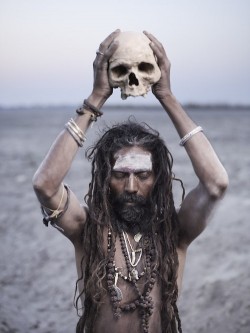Decolonization is often broadly defined as actions that undo colonization. However, decolonization isn’t the mystical endpoint of some uniform, step by step process that will deconstruct colonization, and which then can be quantified and turned into a system for mass consumption.
Neither is decolonization an act of self improvement for the benefit of our own ego, a synonym for social justice, or a box to be checked before seeking solidarity with Indigenous people in their struggles against colonization and imperialism. Instead, decolonization is the constant action of turning towards life that never ends. Decolonization is vividly alive.
Because decolonization is alive, one definition really stands out for those intent on engaging the process beyond theoretical discussion and shallow understanding that transforms decolonization into a metaphor for any activity meant to alleviate the impacts of colonization.
Decolonization is a process that repatriates Indigenous land and reawakens an Indigenous lifeway for both those resisting colonization, AND the colonizer.
A similar definition by Tuck and Wang keeps decolonization centered on an Indigenous framework, focusing on Indigenous land, Indigenous sovereignty, and Indigenous ways of living that return a sacred way of life for communities of people that are connected and in balance with the living world of our home places.
This definition, and the process it describes, also help prevent shallow movement by settlers to avoid responsibility for the impacts of colonization on Indigenous peoples through a fantasized return to innocence.

Acts such as settler nativism (primativism, feral subculture), re-occupation through ‘sustainable communities’ ecovillages, and urban homesteading, as well as colonial equivocation (“we are all victims of colonization”) evident in some communities of color – all present the fantasy of easier paths of reconciliation with Indigenous peoples. Unfortunately these paths avoid the difficult acts of self discovery, healing, and acceptance that reveal how well- meaning settler desires (including some social justice goals) may be incompatible with the return of Indigenous lands and ways of life – ie. decolonization.
Decolonization is a dangerous journey. Not only does it challenge colonization and imperialism at every level, but it causes us to be authentically honest with ourselves as trauma and pain are triggered and we choose paths of healing rather than further disconnection.
It is beneficial to consider there is no one way a decolonization process will look for an individual, or a community of people. Reawakening relationships to what’s alive is not dependent upon our expected timeline or desires. And there will be times we are engaged with multiple parts of the process at the same time.
For example, decolonization for people of European heritage is especially challenging as we accept responsibility for the genocidal acts committed by our people against Indigenous peoples while simultaneously seeking the traditional cultural relationships with life necessary to heal and reawaken our own Indigenous place-based ways of being. There is no map for how to navigate these murky waters of our complicated history, just the need for honesty, understanding, deep listening, and self-reflection as we seek out this uncharted territory of turning towards what’s alive again.
In the article What is decolonization and why does it matter? – which introduces the Decolonization Journal, decolonization is described as, “moving towards a different and tangible place, somewhere out there, where no one has really ever been.” Decolonization is the “tangible unknown” but a place we must choose to go for healing within ourselves and between peoples to truly occur.
Get the latest updates and resources...